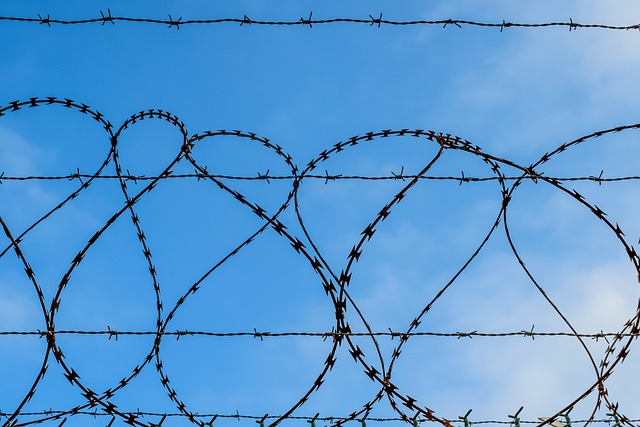Rural and urban areas face unique challenges in enforcing DUI laws due to differences in demographics and logistics. Rural regions, with lower populations and limited public transport, may adopt more lenient penalties and tech solutions like sobriety checkpoints and remote alcohol monitoring. Urban areas, with higher traffic volumes and congestion, require stricter regulations, severe penalties, and aggressive enforcement strategies, along with digital reporting and online court appearances for efficient case management. Tech solutions for impaired driving, such as smart sensors, camera systems, and mobile apps, are transforming safety on both types of roads, empowering law enforcement to enhance patrols and significantly reduce incidents of impaired driving across diverse landscapes.
“In the debate surrounding DUI (Drunk Driving Under Influence) laws, a significant divide exists between rural and urban areas. This article explores these contrasting landscapes, focusing on key differences in legislation and their impact on enforcement. Furthermore, we delve into how technological advancements, known as Tech Solutions for Impaired Driving, are transforming strategies to combat drunk driving across diverse environments, offering new hope for safer communities.”
- Understanding Rural and Urban DUI Laws: Key Differences
- Tech Solutions for Impaired Driving: Bridging the Gap Between Environments
Understanding Rural and Urban DUI Laws: Key Differences

In the realm of DUI (Driving Under the Influence) laws, rural and urban areas exhibit key differences shaped by demographic and logistical factors. Rural communities often face unique challenges due to lower population densities, limited access to public transportation, and longer response times for law enforcement. Consequently, these regions may adopt more lenient penalties or focus on tech solutions for impaired driving, such as increased sobriety checkpoints or the implementation of remote alcohol monitoring devices.
In contrast, urban areas grapple with higher traffic volumes, congestion, and denser populations, which necessitate stricter DUI regulations. Cities often employ a combination of severe penalties, aggressive enforcement strategies, and public awareness campaigns to deter impaired driving. Additionally, urban centers may leverage tech solutions for more efficient management of DUI cases, including digital reporting systems and online court appearances, streamlining the process while ensuring accountability.
Tech Solutions for Impaired Driving: Bridging the Gap Between Environments

In the ongoing battle against impaired driving, technology is playing a pivotal role in bridging the gap between rural and urban settings. Tech solutions for impaired driving are becoming increasingly sophisticated, offering advanced detection methods and real-time monitoring that enhance safety on both landscapes—from bustling city streets to winding rural roads.
One of the most promising tech solutions involves the implementation of smart sensors and camera systems that can detect and identify drivers under the influence. These technologies adapt to various environments, ensuring their effectiveness whether in a crowded urban metropolis or a more isolated rural area. Additionally, mobile apps and wearable devices are being developed to track blood alcohol levels, providing early warnings and promoting responsible drinking. By integrating these tech solutions, law enforcement agencies can enhance their DUI patrols, leading to stricter compliance with laws and, ultimately, fewer incidents of impaired driving across all environments.
In understanding the distinct challenges posed by rural and urban settings regarding DUI enforcement, we’ve highlighted key differences in legislation. However, as technology advances, Tech Solutions for Impaired Driving offer a promising pathway to enhance safety across diverse environments. By leveraging innovative tools, we can bridge the gap, improve detection, and ultimately reduce impaired driving incidents, making our roads safer for all.






